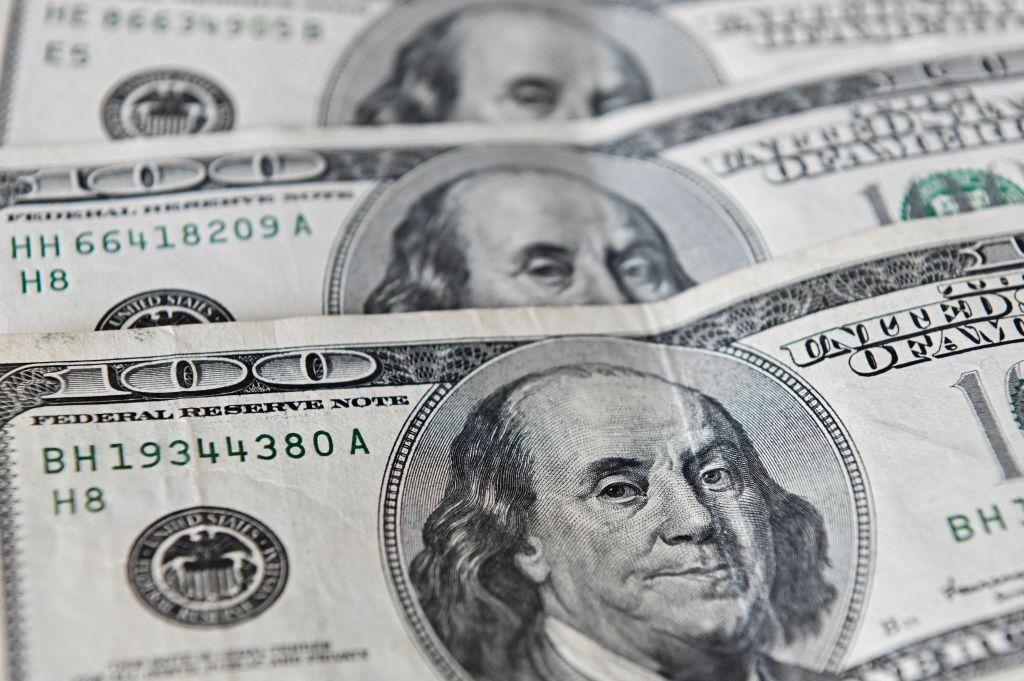The Federal Reserve will only issue a central bank digital currency (CBDC) with the support of the White House and Congress, says Nellie Liang, Under Secretary of Treasury for Domestic Finance.
Liang joined a discussion at the Atlantic Council’s GeoEconomics Center about the future of money and payments, including cryptocurrency, stablecoins, and CBDCs.





